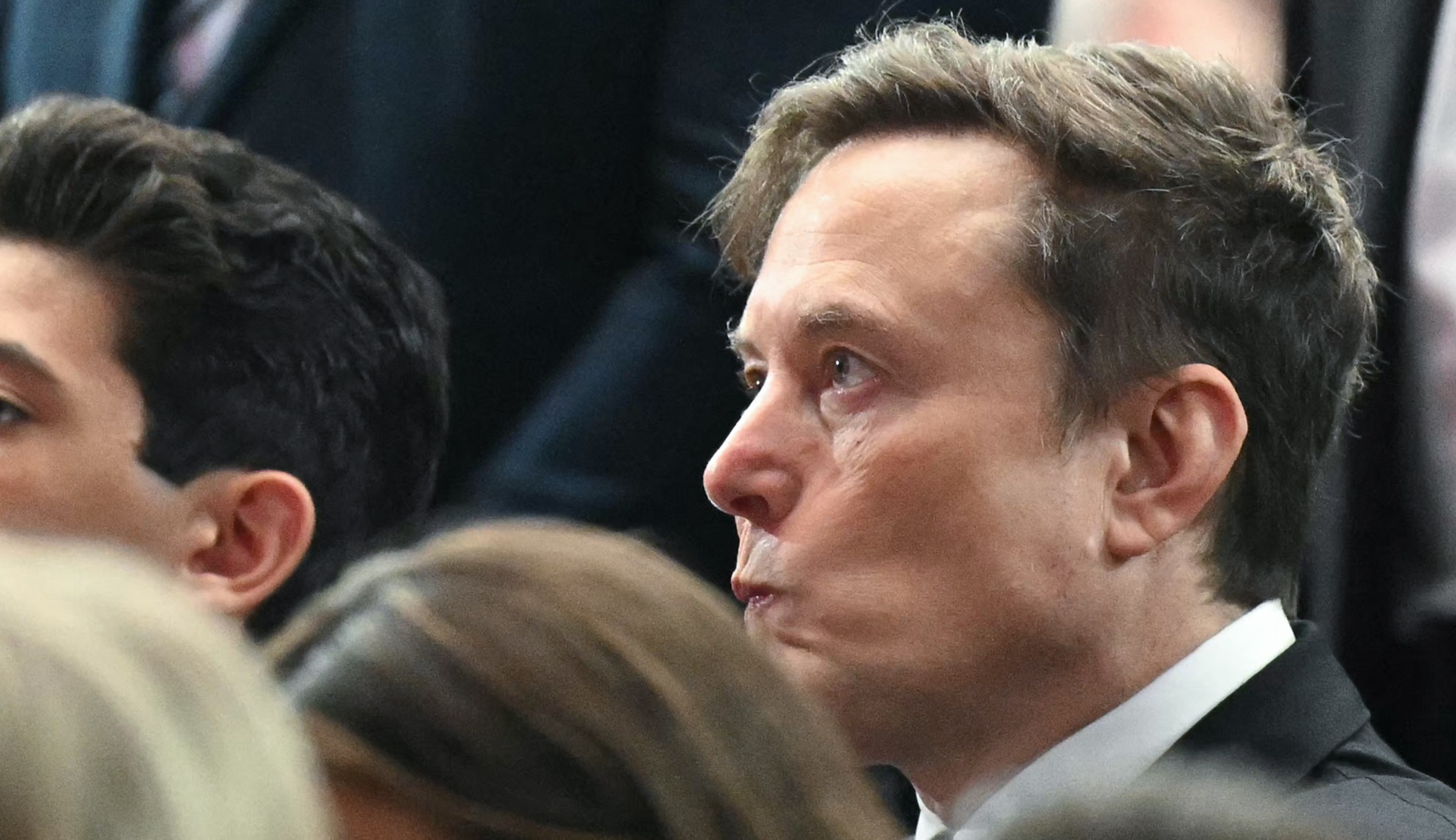Science
Joyce Carol Oates Critiques Elon Musk in Viral Twitter Exchange

Elon Musk faced sharp criticism from acclaimed author Joyce Carol Oates over the weekend, leading to a heated exchange on social media platform X, formerly known as Twitter. Oates, known for her incisive cultural commentary and prolific writing, directed her critique at Musk after he boasted about his substantial earnings, claiming he deserved a $1 trillion pay package.
Oates’ Critique Sparks Controversy
In her tweet, Oates questioned why someone with Musk’s wealth appears detached from cultural experiences that many find meaningful. She stated, “So curious that such a wealthy man never posts anything that indicates that he enjoys or is even aware of what virtually everyone appreciates.” She continued by asserting that Musk’s public persona suggests a lack of education and cultural awareness, saying, “The poorest persons on Twitter may have access to more beauty & meaning in life than the ‘most wealthy person in the world.’”
This tweet quickly gained traction, with numerous users supporting Oates’ assessment. In response, Musk took to the platform to defend himself, describing Oates as a “lazy liar” and a “mean” person. He claimed her observations could be disproven with a simple search and expressed disdain for her literary work, stating, “Eating a bag of sawdust would be vastly more enjoyable than reading the laboriously pretentious drivel of Oates.”
Musk’s Reaction and Subsequent Posts
Despite his bravado, it appeared the exchange affected Musk. Following Oates’ comments, he began posting about movies and books, perhaps attempting to demonstrate a broader cultural engagement. He tweeted remarks such as “Great movie” in reference to the 2014 film Edge of Tomorrow and noted the style of the 1997 sci-fi classic The Fifth Element. However, his comments often seemed superficial, with previous instances of misunderstanding popular films, including misidentifying the protagonist in Blade Runner.
Interestingly, shortly after the Twitter exchange, advertisements began appearing for a service called Blinkist, which offers summarized versions of books. The ads claimed that Musk “reads a lot,” adding an ironic twist to the ongoing discourse about his reading habits.
In a follow-up, Oates clarified that her intention was not to roast Musk but rather to express genuine curiosity about his apparent disconnection from the cultural values shared by many. “Truly it was out of curiosity: why a person with unlimited resources exhibits so little appreciation or even awareness of the things that most people value as giving meaning to life,” she stated.
The incident has sparked discussions about the responsibilities of public figures and their engagement with cultural narratives. As Musk continues to navigate the complexities of public perception, Oates’ critique serves as a reminder of the value many place on cultural appreciation and authenticity.
-

 Science4 weeks ago
Science4 weeks agoIROS 2025 to Showcase Cutting-Edge Robotics Innovations in China
-

 Lifestyle4 weeks ago
Lifestyle4 weeks agoStone Island’s Logo Worn by Extremists Sparks Brand Dilemma
-

 Politics4 weeks ago
Politics4 weeks agoJudge Considers Dismissal of Chelsea Housing Case Citing AI Flaws
-

 World4 weeks ago
World4 weeks agoBravo Company Veterans Honored with Bronze Medals After 56 Years
-

 Health4 weeks ago
Health4 weeks agoStartup Liberate Bio Secures $31 Million for Next-Gen Therapies
-

 Lifestyle4 weeks ago
Lifestyle4 weeks agoMary Morgan Jackson Crowned Little Miss National Peanut Festival 2025
-

 Science4 weeks ago
Science4 weeks agoArizona State University Transforms Programming Education Approach
-

 Health4 weeks ago
Health4 weeks agoTop Hyaluronic Acid Serums for Radiant Skin in 2025
-

 Top Stories4 weeks ago
Top Stories4 weeks agoIndonesia Suspends 27,000 Bank Accounts in Online Gambling Crackdown
-

 Sports4 weeks ago
Sports4 weeks agoMel Kiper Jr. Reveals Top 25 Prospects for 2026 NFL Draft
-

 Top Stories4 weeks ago
Top Stories4 weeks agoUrgent Weather Update: Chicago Forecast for October 20 Revealed
-

 World4 weeks ago
World4 weeks agoHoneywell Predicts Record Demand for Business Jets Over Next Decade









